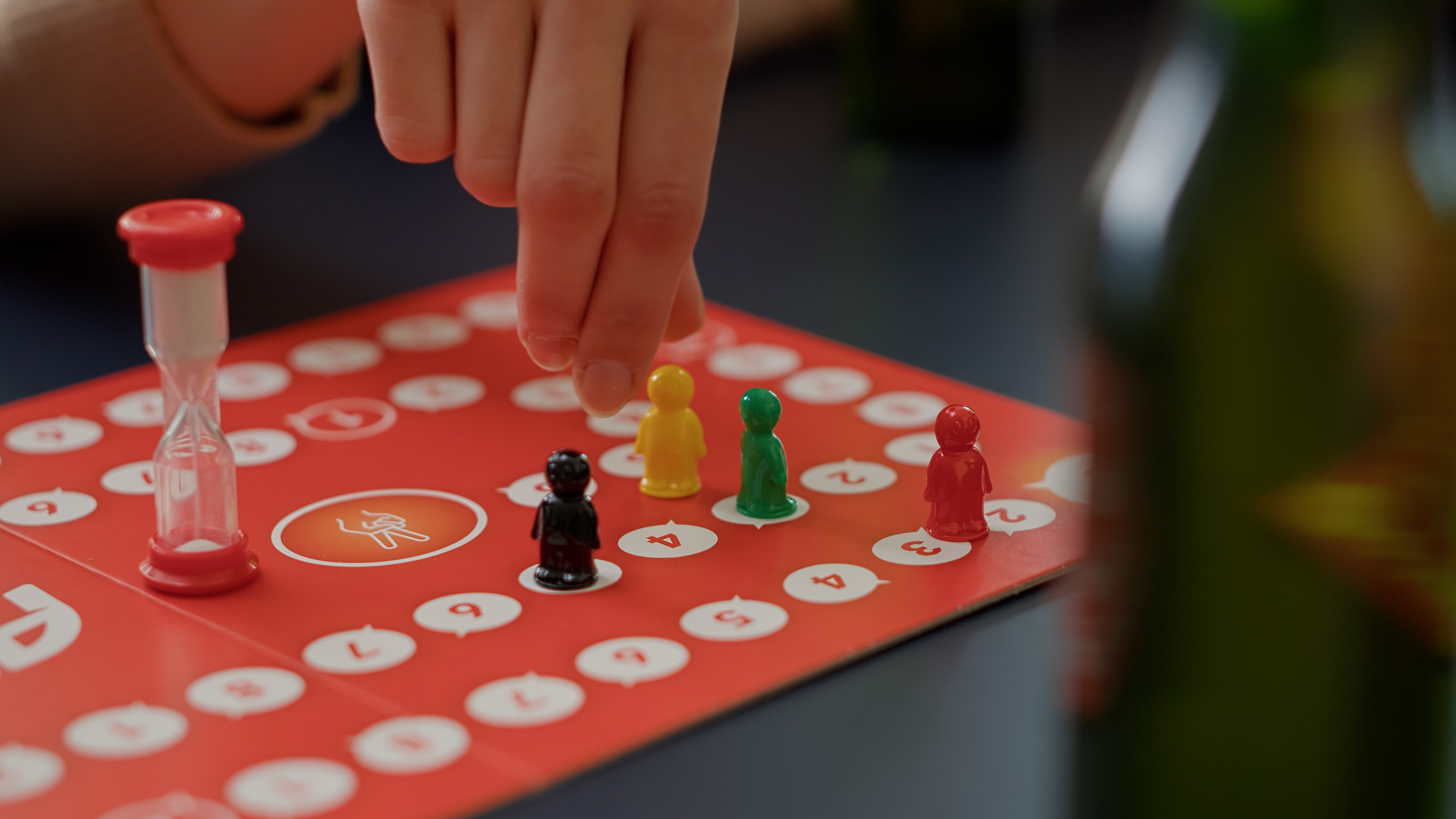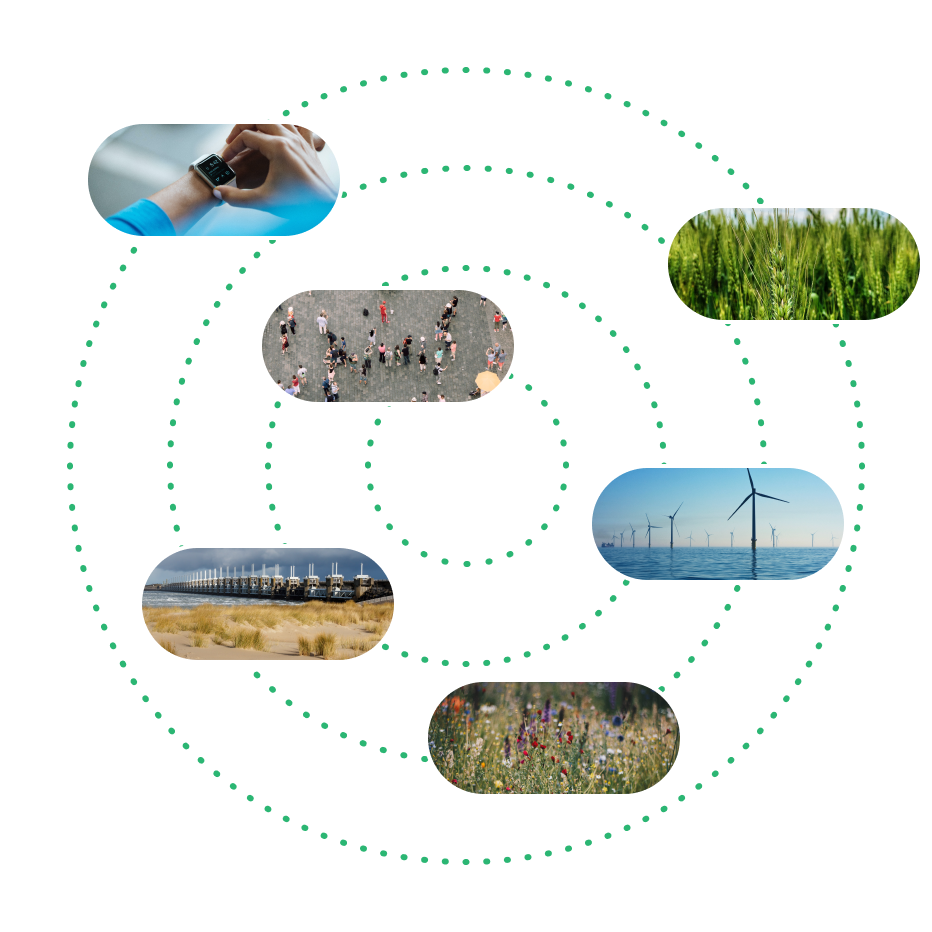Playing for the climate: How Serious Games drive awareness and action

Climate change is one of the greatest challenges of our time, and its complexity often makes it difficult to explain—and even harder to grasp. How can we bring this reality closer to people, especially young audiences, in a way that is clear, engaging, and encourages action? The MAIA project has found an answer in a space that might initially surprise: games.
MAIA and the power of games
One of MAIA’s initiatives is the creation of an educational card game designed to explore climate change in schools. Through this resource—which will also be shared via museums and cultural institutions—students can learn by playing, understanding climate challenges while imagining concrete actions to address them.
This approach is part of a wider trend: the use of Serious Games and gamification. Serious Games are designed not just for entertainment but with educational or social goals. Gamification, on the other hand, applies game-like dynamics in other contexts—such as education or communication—to make them more motivating and engaging.
Learning becomes a game
The value of this trend lies in its immersive and participatory approach. It’s not just about reading or listening to information—it’s about experiencing it firsthand. This allows complex scientific concepts to become more understandable and encourages reflection and even behavioural change.
Some examples include:
- The Climate Fresk – a collaborative card workshop based on IPCC reports that helps participants understand climate science. Link
- Mission 1.5 (UNDP) – a mobile/web game where players vote on climate actions and see how their decisions influence global policy outcomes. Link
- Keep Cool – a board game that puts players in the shoes of governments negotiating economic interests versus climate commitments. Link
All three demonstrate that playing can be a serious way to tackle serious challenges.
Mapping Serious Games for climate change
To learn from existing experiences, MAIA conducted a mapping of serious games on climate change at global, European, and local levels. This exercise identified different approaches: games to understand science, games that encourage personal and collective decision-making, games simulating political negotiations, and games exploring community adaptation and resilience.
This overview shows that there are many ways to connect science and citizens through play: from card workshops to mobile apps and large-scale digital games. They all share the same goal: making climate change understandable and motivating real action.
Playing is acting
The trend of serious games is growing fast. In a moment when society needs to engage actively in the fight against climate change, these tools offer a creative, participatory, and inspiring path.
MAIA’s card game, combined with knowledge drawn from international mapping, demonstrates how entertainment can turn into education and commitment. In other words, playing doesn’t just mean having fun—it can be a way to learn, engage, and prepare for the challenges of climate change.
Learn More About Serious Games
Here are some key categories of climate-related serious games, with links so readers can explore further:
Fate of the World: Link
Awareness and Education
The Climate Fresk: Link
LogiCity: Link
Ice Flows: Link
BBC Climate Challenge: Link
Behavioural Change & Responsibility
Survive the Century: Link
Mission 1.5: Link
Carbon City Zero: Link
Invest in the Future: Link
Decision-Making & Negotiation
Climate Action Simulation (MIT/Climate Interactive): Link
Keep Cool: Link
Cantor’s World: Link
Adaptation: Link
Adaptation, Resilience & Systems Thinking
Act to Adapt (Red Cross / Plan International): Link
PHUSICOS NBS Roleplay Simulation: Link
Vallacambio: Link
Eco: Link
Narrative & Emotional Engagement
Our Climate Story: Link
Terra Nil: Link
VigiFlood: Link
–
Disclaimer
Created with funding from the European Union. Views and opinions expressed are however those of the author(s) only and do not necessarily reflect those of the European Union or the granting authority. Neither the European Union nor the granting authority can be held responsible for them.
The information and documentation in this section are published with permission from their respective sources. While the MAIA Project strives to ensure the accuracy and completeness of the content, we make no guarantees or warranties of any kind, express or implied, about the validity, reliability, or accuracy of the information. The original sources are solely responsible for the content they provide. We disclaim any liability for any errors, omissions, or inaccuracies in the information and for any actions taken in reliance on the information contained on this website.

Comments
There is no contentYou must be logged in to reply.